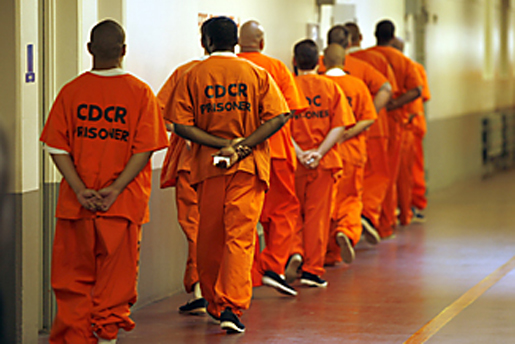A Tale of Two Prosecutors
Two recent events showcase the difference a prosecutor can make. The first is the decision to reduce the death sentence against Mumia Abu-Jamal to life imprisonment, and the second is the exoneration of Thomas Haynesworth after serving twenty-seven years for rapes he did not commit.
In both cases, Abu- Jamal and Haynesworth had family, friends and advocates who fought to prove their innocence, and legal teams who donated their services. Mumia has become an international cause célèbre, known for his radio broadcasts from prison, stinging political commentary and media interviews. Both men struggled for years to be heard and in both cases, a prosecutor played a critical role in the final outcome. In Mumia’s case the prosecutor chose not to seek the death penalty again. For those of us who believe in Mumia’s innocence—this is a bittersweet ending but a victory nonetheless.
In Haynesworth’s case, Virginia Attorney General Ken Cuccinelli known for his tough-on-crime stance, decided that Haynesworth’s case deserved a second look, two state prosecutors agreed and supported exoneration. Cuccinelli became so convinced of Haynesworth’s innocence that he gave him a job after his March parole. Read about Haynesworth’s exoneration here.
Troy Davis was not so fortunate. In that case Larry Chisholm the current district attorney refused to even consider withdrawing the death warrant, despite the flimsy evidence and flawed prosecution meticulously documented by Troy’s legal team. The former prosecutor Spencer Lawton refuses to acknowledge even now that the case was flawed and Troy was put to death on September 21, 2011. Apparently for some prosecutors, preserving the façade of infallibility matters more than a man’s life.


.png)


